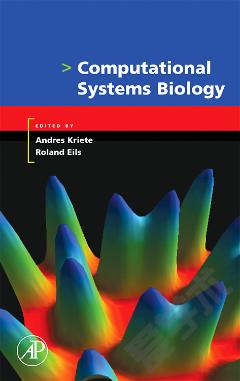Systems Biology
The advent of genome sequencing and associated technologies has transformed biologists' ability to measure important classes of molecules and their interactions. This expanded cellular view has opened the field to thousands of interactions that previously were outside the researchers' reach. The processing and interpretation of these new vast quantities of interconnected data call for sophisticated mathematical models and computational methods. Systems biology meets this need by combining genomic knowledge with theoretical, experimental and computational approaches from a number of traditional scientific disciplines to create a mechanistic explanation of cellular systems and processes. Systems Biology I: Genomics and Systems Biology II: Networks, Models, and Applications offer a much-needed study of genomic principles and their associated networks and models. Written for a wide audience, each volume presents a timely compendium of essential information that is necessary for a comprehensive study of the subject. The chapters in the two volumes reflect the hierarchical nature of systems biology. Chapter authors-world-recognized experts in their fields-provide authoritative discussions on a wide range of topics along this hierarchy. Volume I explores issues pertaining to genomics that range from prebiotic chemistry to noncoding RNAs. Volume II covers an equally wide spectrum, from mass spectrometry to embryonic stem cells. The two volumes are meant to provide a reliable reference for students and researchers alike.
{{comment.content}}








 京公网安备 11010802027623号
京公网安备 11010802027623号